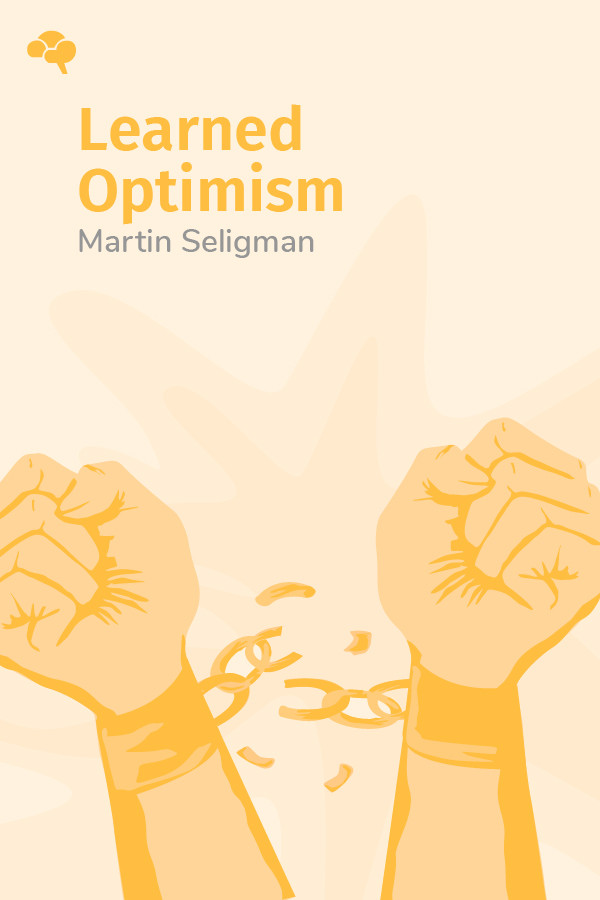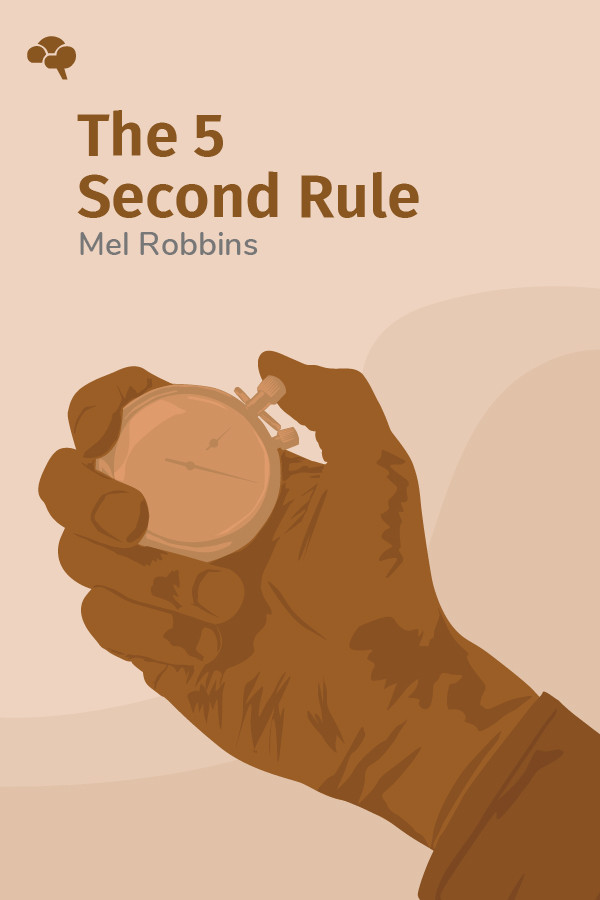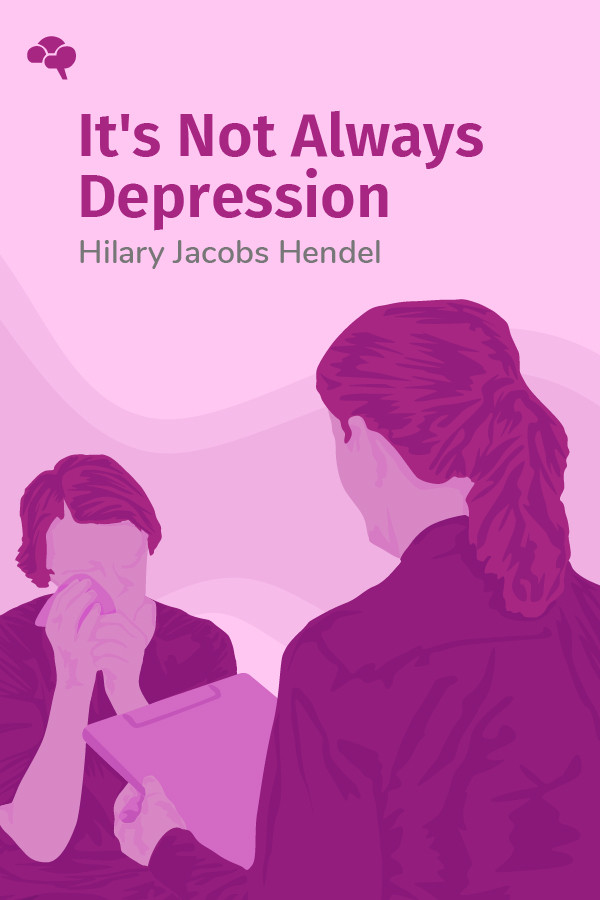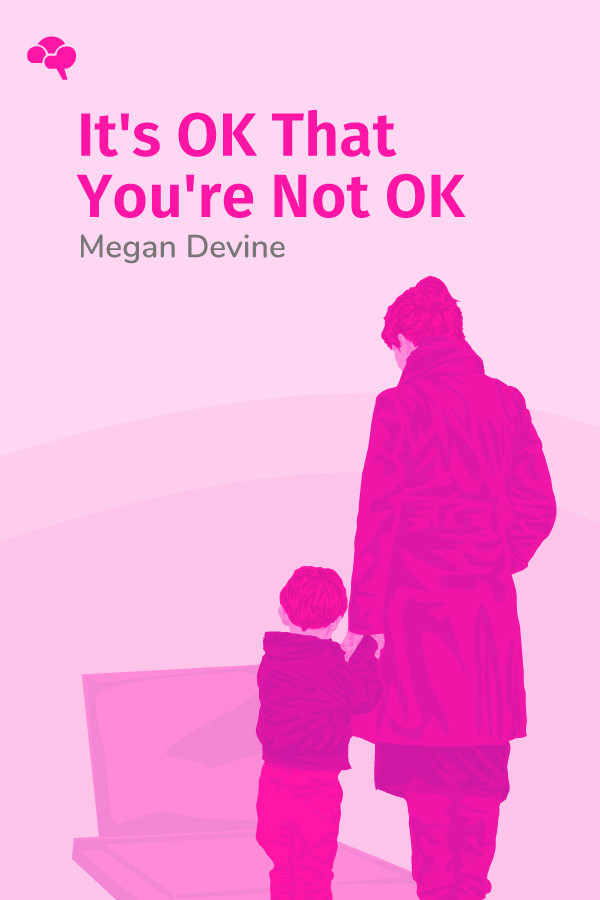

What You'll Learn:
We live in what some have called the Age of Melancholia. There is a mushrooming depression epidemic that must be dealt with—but how? Psychologist Martin Seligman, famous for his research on learned helplessness, argues that a person’s explanation for moments of failure and misfortune has the power to either encourage pessimism and depression or preempt the downward spiral. Learned Optimism holds out hope that pessimism and depression are not personal traits that people are stuck with. A new set of cognitive skills can help people bounce back from misfortune and failure instead of habitually falling to pieces.
Key Insights:
- The biomedical and Freudian approaches to treating depression have been largely unsuccessful.
- At the heart of depression is helplessness.
- Your default explanatory style has an enormous impact on your ability to overcome failure.
- Finding connections between adversity, resultant beliefs, and consequences of those beliefs is the first step toward change.
- Disputing harmfully pessimistic beliefs has been proven to have an energizing effect.
- Depression rates are ten times higher among today’s youth than their grandparents’ generation.




